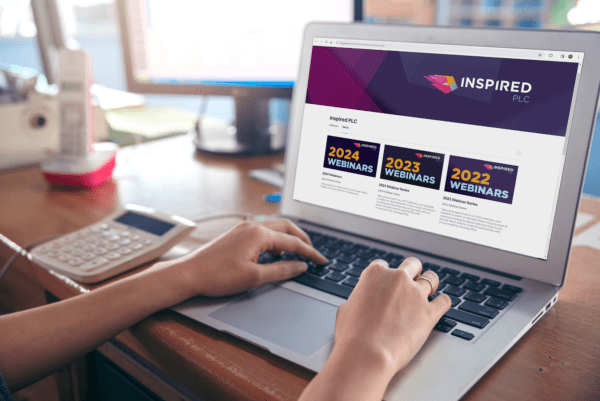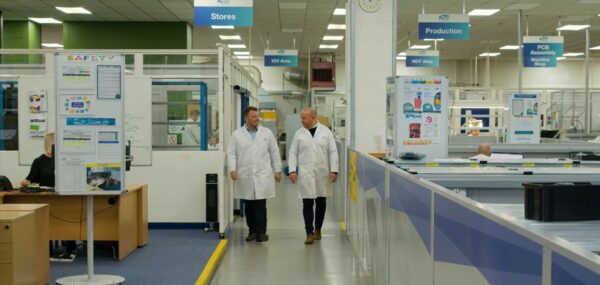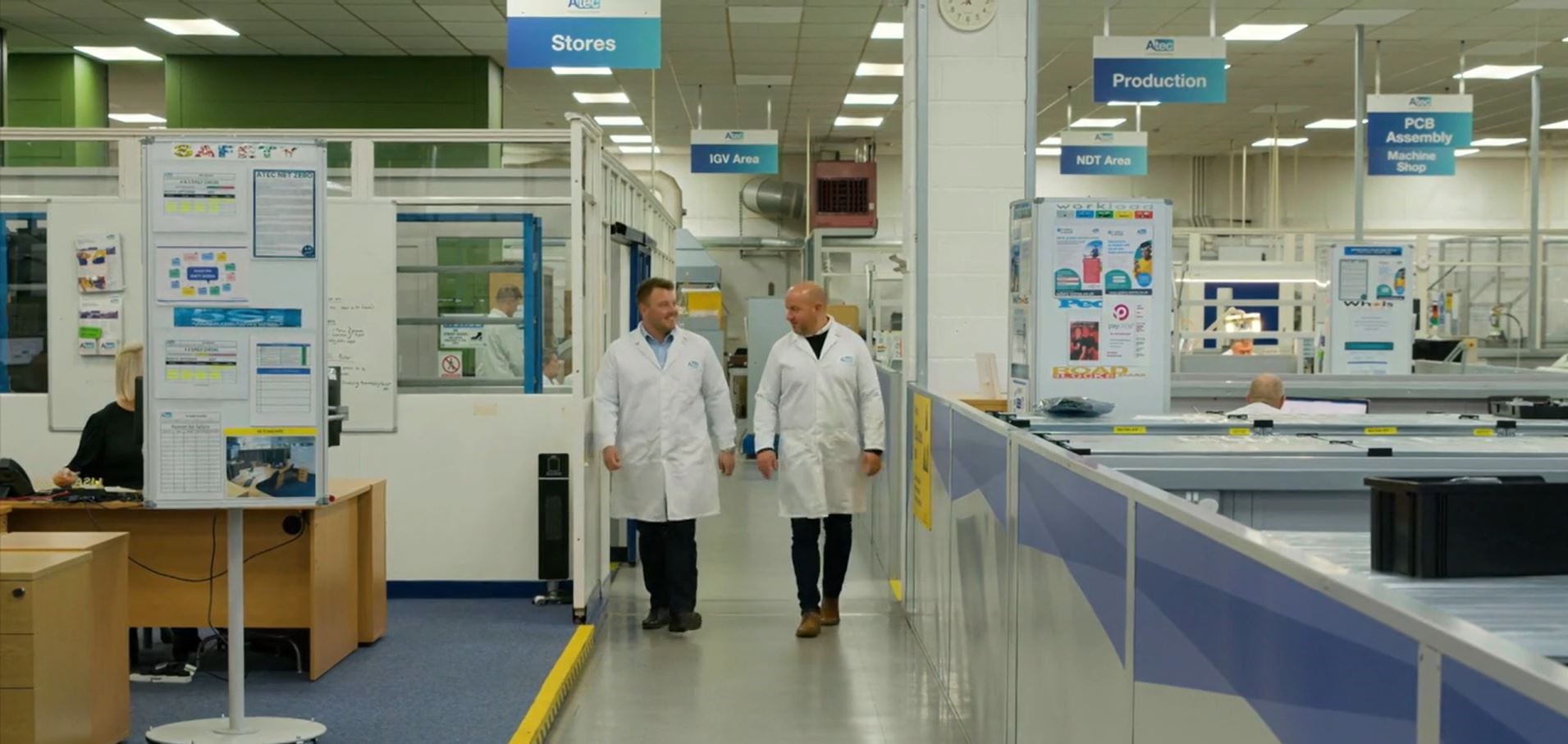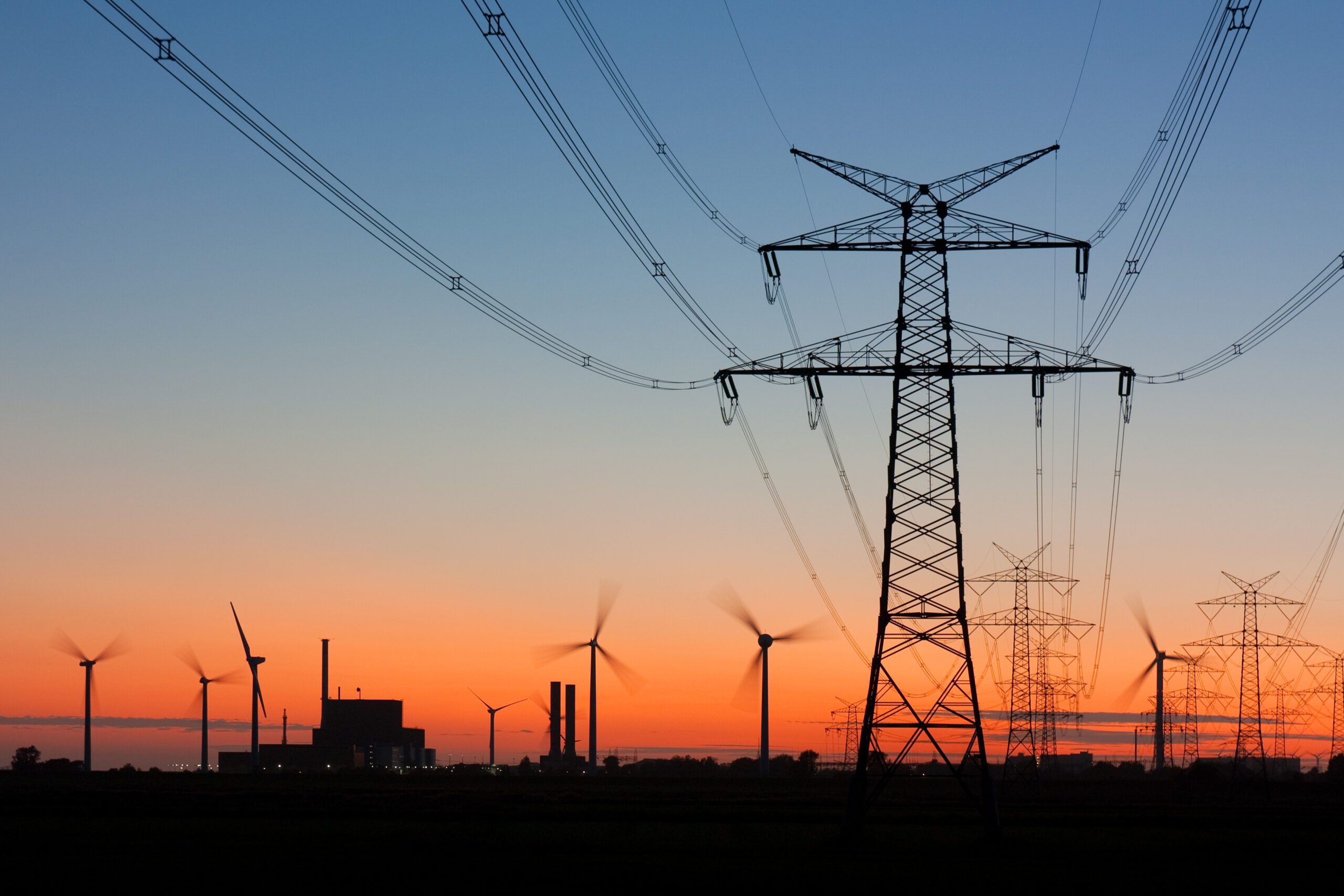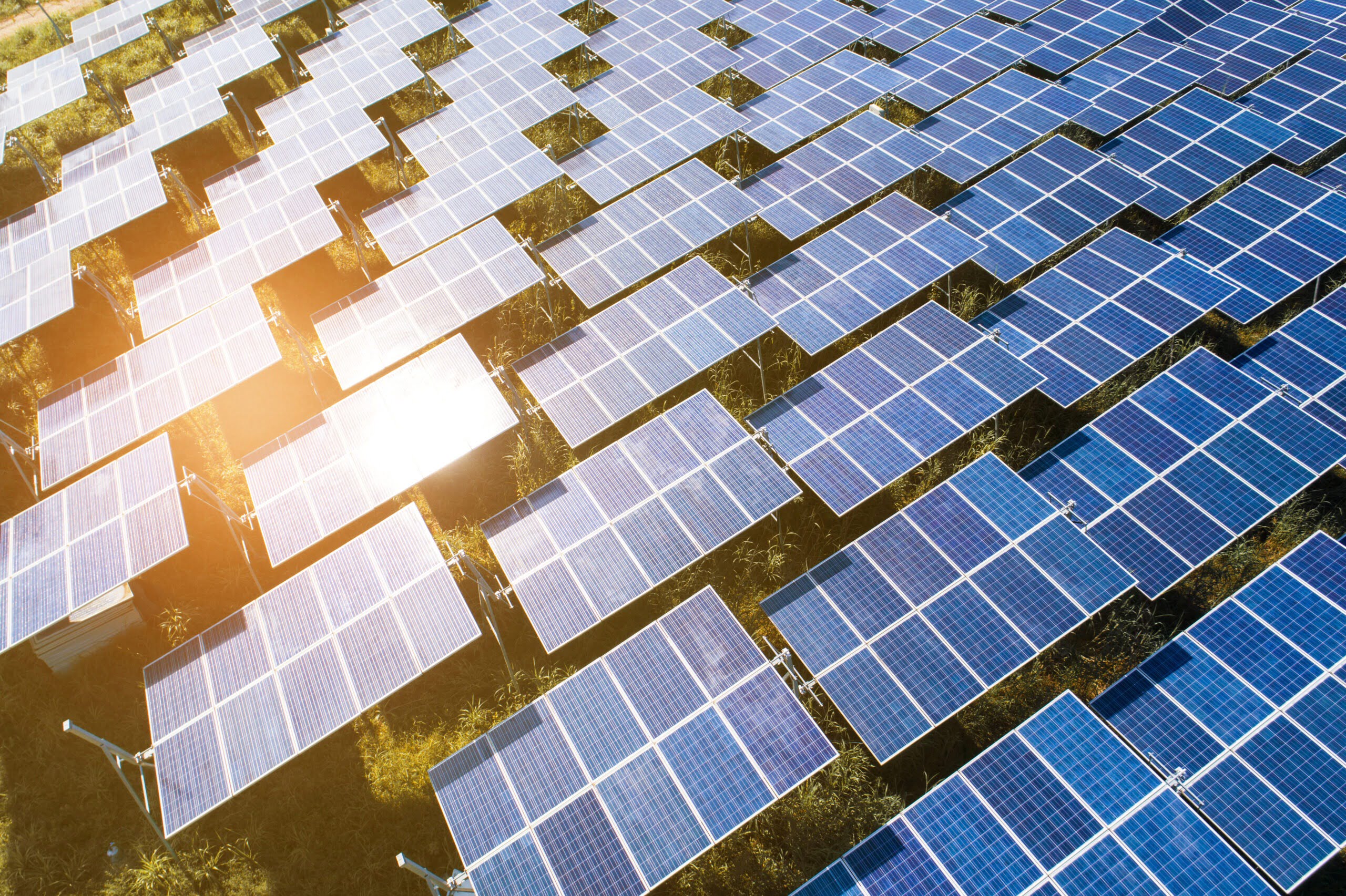
What’s the best approach to renewable energy procurement for my business?
With a push for businesses to decarbonise and reach the UK Government’s net zero goal by 2050, many are looking to renewable energy procurement to help them do so.
With a push for businesses to decarbonise and reach the UK Government’s net-zero goal by 2050, many are looking to renewable energy procurement to help them do so. With rising gas, electric and water prices following the COVID-19 pandemic, plus other economic factors coming into play, investing in renewables for your business can help reduce costs and support your net-zero strategy.
But what’s the best approach to renewable energy procurement?
The rise of renewable energy
Renewable energy isn’t a new concept. The first iterations of renewable energy began around 200 BC in Europe with waterwheels which mimic the workings behind hydropower. In 1839 Edmond Becquerel discovered the photovoltaic effect which was the first step towards modern solar power generation. And the first electricity generating windmill was created in 1887 by Professor James Blyth.
These innovations paved the way for modern renewable energies, such as the UK’s first windfarm which was built in Cornwall in 1991. Since then, the world has been focusing on lowering the rising global temperature and in 2015 the Paris Agreement was formed at COP21 to limit global warming to well below 2 degrees Celsius compared to pre-industrial levels.
How renewables can help your business
Renewables are the future of the energy landscape and since the announcement of the UK Government’s 2050 net-zero goal at COP26 last year, businesses are now looking to implement their own net-zero strategies. Renewable energy will play a huge role in businesses reaching net-zero, and there are many benefits to utilising renewables for your business.
Comply with investor and customer expectations
Renewable energy sources are becoming more financially attractive as they can often cost less than conventional fuels such as coal and gas. The return on investment (ROI) can be relatively quick and result in significantly lower energy bills. Not only does this help reduce cost and make your business more attractive to investors, but also keeps up with customer, investor and key stakeholders expectations to switch to renewable energy sources.
Generate revenue
There is also the potential to generate revenue for your business from on-site renewable generation. Solar PV coupled with battery storage, where you can store energy at lower prices in the market and use the stored energy during high prices can save you money on your bill. You can also participate in Demand Side Response (DSR), where the grid will ask you to turn your consumption down during peak times and pay you do so. You can also switch to your battery during DSR times to alleviate any operational impacts of the turn down.
Comply with government policy
Renewables can also help you to decarbonise your buildings, reducing your carbon footprint and meet your net-zero and Environmental, Social and Governance (ESG) requirements.
Some businesses are also now investigating their Scope 3 emissions both up and down the supply chain. Meaning your clients and or suppliers will be looking to work with businesses who source their energy from renewables.
So, what’s the best approach for renewable energy procurement?
The best approach
There are three options when it comes to renewable energy:
- Owned generation – building your own generating assets such as solar PV, wind turbine, biomass CHP for example and match the output to demand
- Buy directly from renewable generators – businesses who enter a contract with an independent generator (also known as a Corporate Power Purchase Agreement (CPPA)) to provide a proportion of their volume requirements. Ofgem issue generators with certificates for every MWh of green power they produce called Renewable Energy Guarantees of Origin (REGOs). They are purchased alongside the power as evidence that it comes from a renewable source.
- Wholesale trading – REGO certificates can be sold separately from the energy itself. This allows a supplier to buy all its energy through the wholesale market (a mix of ‘dirty’ and ‘clean’ energy) and then buy enough REGOs to label a tariff as green.
Some businesses prefer certain renewables over others which can often be split into standard renewables which as power backed by REGOs from all types of renewable generation and natural renewables which are power backed by REGOs from wind, solar, hydro, and tidal.
When choosing a tariff from a supplier you’ll need to keep in mind your green energy aims. Some businesses have come under scrutiny and the government are also cracking down on misleading marketing of tariffs as 100% green. To ensure that your business isn’t seen as ‘greenwashing’, it’s important to know what route the supplier has taken.
Get support from our experts
Making the switch to renewable energy procurement isn’t as difficult as you may think. Our energy experts understand the green landscape and can work with you and your business needs to find the right renewable solution for you.
Speak to us today to see how we can help you with your renewable energy procurement on 01772 689250 or email [email protected].

